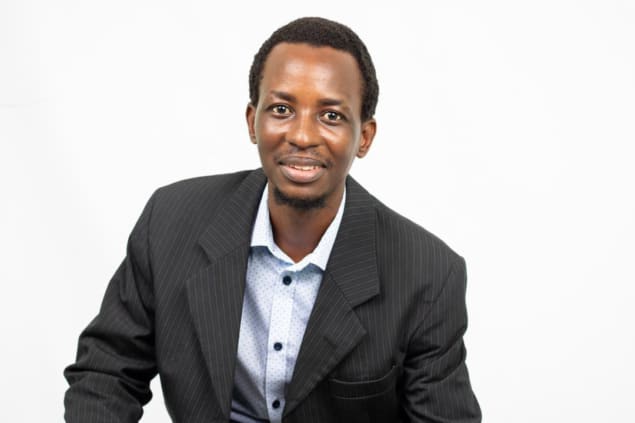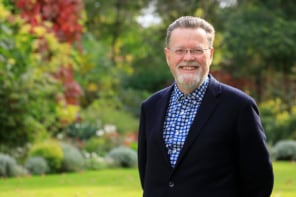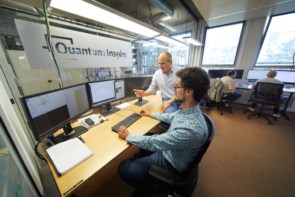Farai Mazhandu is chief executive and co-founder of Bayete Quantum Technologies, which seeks to use quantum technology to solve problems in areas including agriculture and healthcare for people living in Africa. Previously a physics teacher and operations director of an engineering company, he is now doing a PhD in quantum materials at the Colorado School of Mines. Mazhandu is also president of OneQuantum Africa – part of the OneQuantum organization building a global community around quantum technology.

What skills do you use every day in your job?
I am a community builder in quantum technologies, start-up founder, mentor and PhD student, so I wear many hats that fit together nicely. Bringing people together in a field like quantum requires simplifying concepts to cater to all levels of education, as our community targets everyone interested in participating. My background in teaching physics has helped me a lot with this. As a start-up founder, I need to know how to structure my ideas to solve problems and attract the right partners.
In my research I characterize quantum materials to learn about current limitations at the fundamental level and to help develop better quantum hardware. To do this, I rely on my genuine curiosity, as well as persistence, as the process of scientific inquiry involves a lot of repetition and setbacks.
Another important role for scientists today is to stay objective and promote integrity in a hyperconnected world where fake news and exaggeration are constant challenges. Quantum computing, for example, currently resonates with many people’s interests and inevitably gets hyped. Some excitement is essential as it creates the impetus, enthusiasm and vision to drive big shifts. However, we should ensure that we paint the correct picture of current capabilities and the hard work that lies ahead until we have fully capable devices.
What do you like best and least about your job?
I feel fortunate to work on interesting things that are smoothly interconnected with one another. Every day I get to interact with talented people from diverse backgrounds. It is super fun to chat with entrepreneurs, policymakers, academics and enthusiasts about how to harness our distributed strengths. Inching towards a future where quantum computers can break new ground in drug discovery, optimization, machine learning and materials discovery will require the collective talent and contributions of many brilliant people. Further, I find it fulfilling to support and inspire others to reach their goals, and to make seemingly complicated subjects exciting.
On the downside, the field of quantum technologies is changing very fast, and it’s hard to keep up. It’s easy to get overwhelmed as there are so many exciting directions to pursue, and it’s hard to pick an area where one can have maximum impact. I have to sadly accept that I cannot get involved in everything.

Setting the scene for a quantum marketplace: where quantum business is up to and how it might unfold
What do you know today, that you wish you knew when you were starting out in your career?
From an early age, I had interests in many fields, and the advice I often received was that I needed to focus on one. I wish I had known that it’s okay not to want to be great at any one thing — you just need to be pretty good at an array of valuable skills that, when combined, make you truly one of a kind. It’s okay to specialize, but there is also room for those of us who want to be “jacks of some trades” instead.
Another important aspect I learned the hard way is that you have to work to learn, not just to earn. I wish I had volunteered often and said yes more than no. I also wish I had travelled more when I had few responsibilities: travelling to learn and discover; visiting places that would challenge my thinking; and meeting and networking with as many people as possible. Doing this can have a tremendous impact on your career and professional growth.


